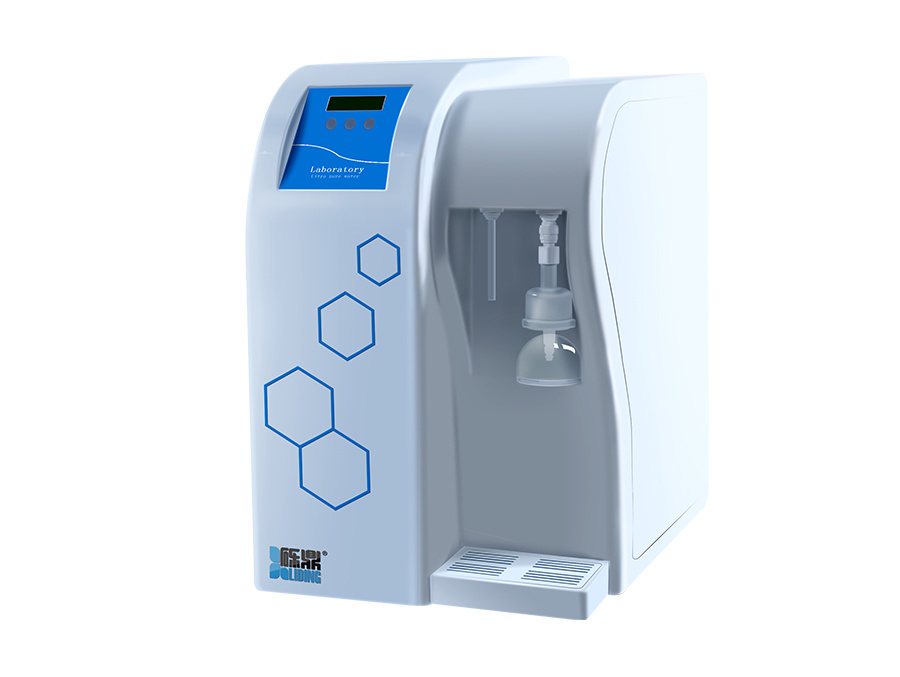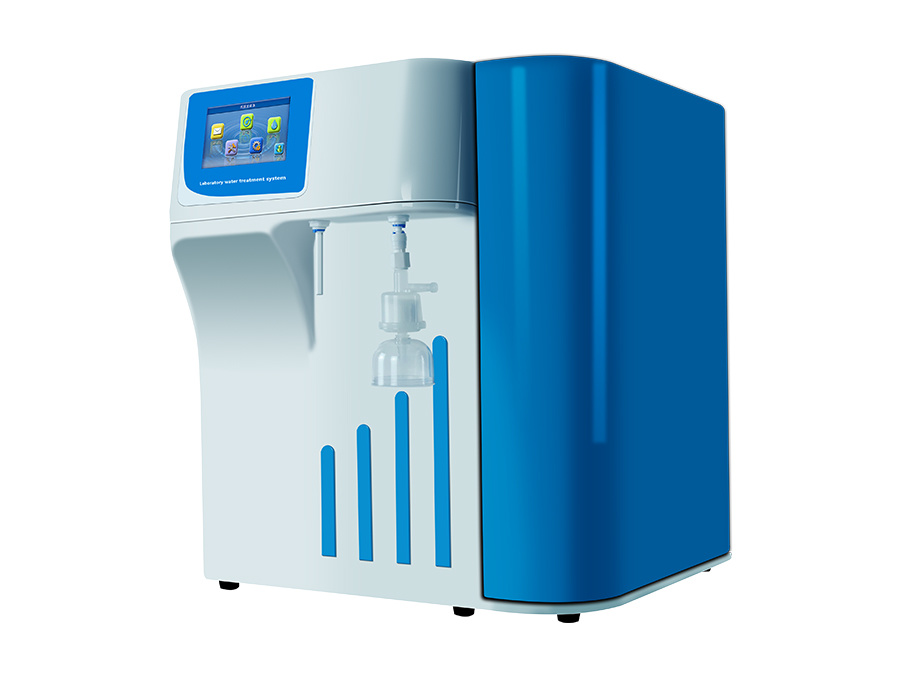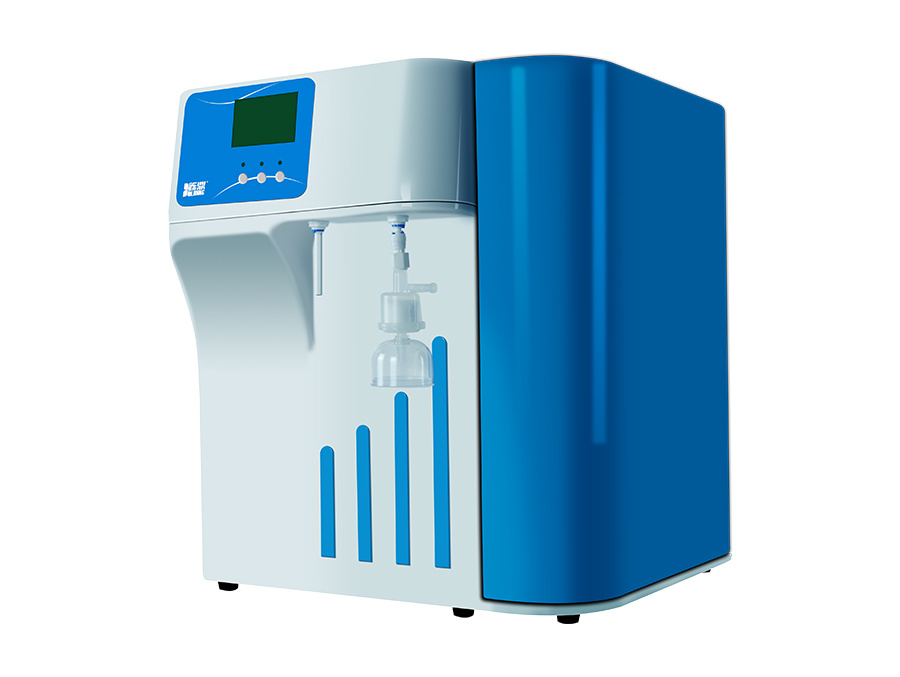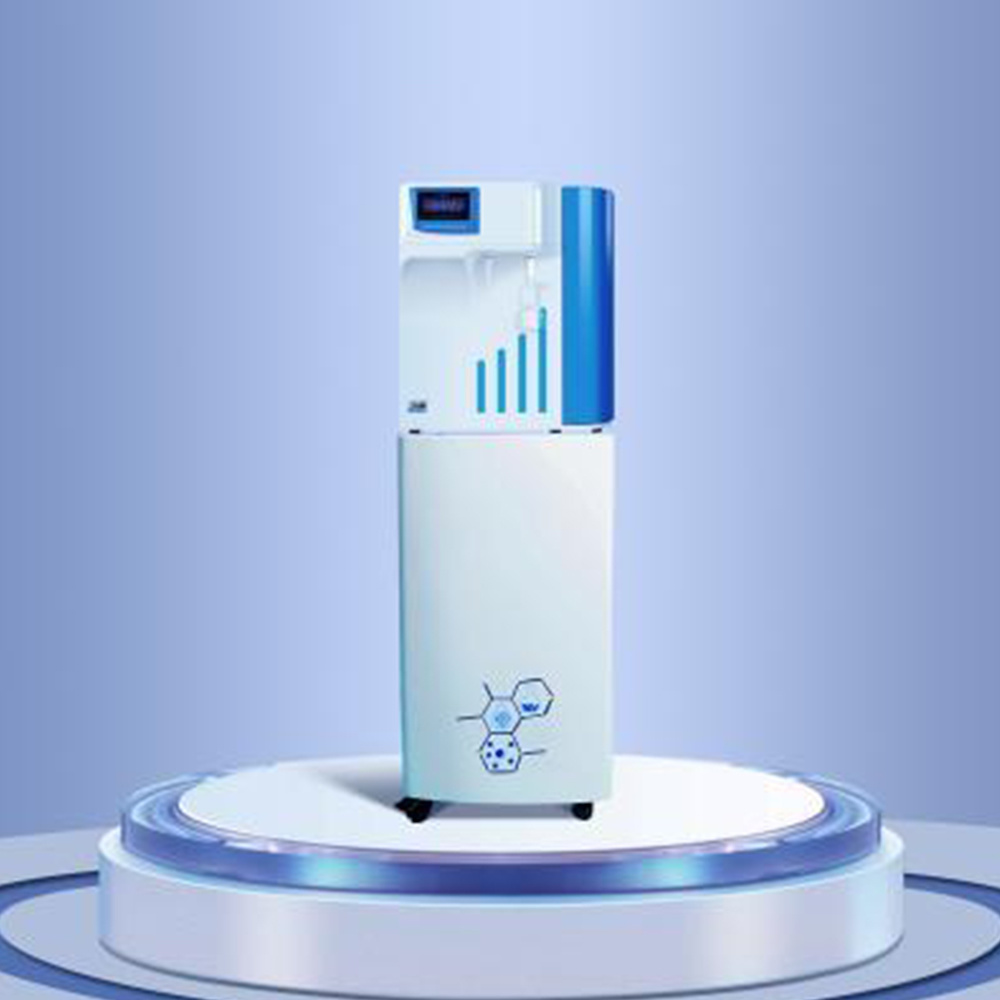Understanding Ultra Pure Water Machines: Key Insights for Industrial Applications
Time:
Jun 30,2025
Ultra pure water machines play a pivotal role in various industrial applications where the quality of water is paramount. These machines are designed to remove impurities and contaminants from water, achieving a level of purity that meets stringent industry standards. The importance of ultra pure water cannot be overstated, as it is essential in sectors such as pharmaceuticals, electronics manufacturing, and even power generation.
One of the primary functions of an ultra pure water machine is to utilize advanced filtration and purification techniques. These techniques often include reverse osmosis, deionization, and UV irradiation. Reverse osmosis is a widely used method that forces water through a semi-permeable membrane, effectively removing dissolved solids, bacteria, and other contaminants. Deionization, on the other hand, employs ion exchange resins to eliminate ionic impurities, resulting in water with extremely low conductivity. Additionally, UV irradiation is utilized to deactivate microorganisms, ensuring that the final product is not only pure but also safe for sensitive applications.
The efficiency of an ultra pure water machine can be influenced by several factors, including the quality of the source water, the design of the system, and the maintenance practices adopted. Regular monitoring and maintenance are crucial to ensure optimal performance and longevity of the equipment. This includes routine checks of filtration systems, replacement of membranes, and calibration of analytical instruments to verify water quality.
Another notable aspect of ultra pure water machines is their scalability. These systems can be tailored to meet the specific demands of different industries, from small-scale operations to large manufacturing facilities. This flexibility allows businesses to implement a water treatment solution that aligns with their operational needs while maintaining compliance with regulatory requirements.
Furthermore, the integration of advanced monitoring technologies has enhanced the functionality of ultra pure water machines. Many modern systems are equipped with real-time analytics that provide insights into water quality parameters. This data allows operators to make informed decisions regarding maintenance and operational efficiency, thereby reducing downtime and increasing productivity.
In conclusion, ultra pure water machines are indispensable in industries where water quality is critical. Their sophisticated purification processes ensure that water meets the highest standards, thereby supporting various applications from drug formulation to microelectronics production. By understanding the technical specifications and operational requirements of these machines, businesses can make informed decisions that enhance their water treatment processes and overall performance.
One of the primary functions of an ultra pure water machine is to utilize advanced filtration and purification techniques. These techniques often include reverse osmosis, deionization, and UV irradiation. Reverse osmosis is a widely used method that forces water through a semi-permeable membrane, effectively removing dissolved solids, bacteria, and other contaminants. Deionization, on the other hand, employs ion exchange resins to eliminate ionic impurities, resulting in water with extremely low conductivity. Additionally, UV irradiation is utilized to deactivate microorganisms, ensuring that the final product is not only pure but also safe for sensitive applications.
The efficiency of an ultra pure water machine can be influenced by several factors, including the quality of the source water, the design of the system, and the maintenance practices adopted. Regular monitoring and maintenance are crucial to ensure optimal performance and longevity of the equipment. This includes routine checks of filtration systems, replacement of membranes, and calibration of analytical instruments to verify water quality.
Another notable aspect of ultra pure water machines is their scalability. These systems can be tailored to meet the specific demands of different industries, from small-scale operations to large manufacturing facilities. This flexibility allows businesses to implement a water treatment solution that aligns with their operational needs while maintaining compliance with regulatory requirements.
Furthermore, the integration of advanced monitoring technologies has enhanced the functionality of ultra pure water machines. Many modern systems are equipped with real-time analytics that provide insights into water quality parameters. This data allows operators to make informed decisions regarding maintenance and operational efficiency, thereby reducing downtime and increasing productivity.
In conclusion, ultra pure water machines are indispensable in industries where water quality is critical. Their sophisticated purification processes ensure that water meets the highest standards, thereby supporting various applications from drug formulation to microelectronics production. By understanding the technical specifications and operational requirements of these machines, businesses can make informed decisions that enhance their water treatment processes and overall performance.
RELATED NEWS








